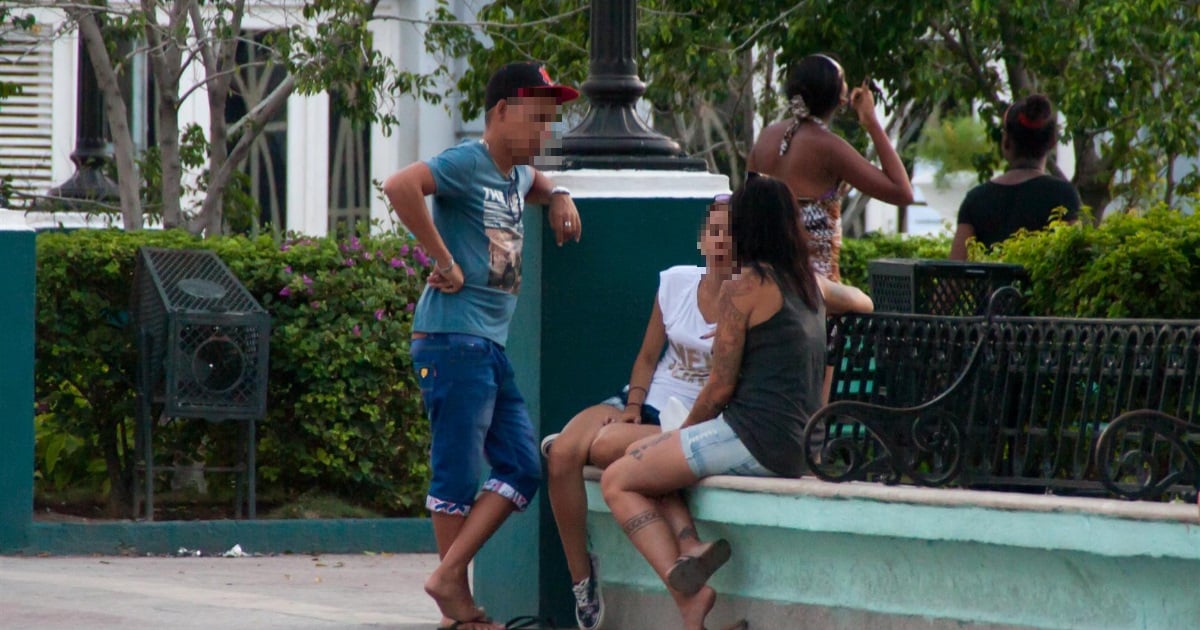
The government of Santiago de Cuba announced measures to stop the growing disengagement from work and study of young people in that province, and threatened to go house to house to carry out a statistical survey.
Manuel Falcón Hernández, governor of the city, declared during an Extraordinary and Expanded Provincial Council of Popular Power Government that an exhaustive collection of information will be carried out in each home to identify the employment and educational situation of its inhabitants, the newspaper quoted Sierra Maestra.
This initiative seeks to comprehensively address the problem of people disengaged from work and study, authorities said.
According to the official, a detailed report will be prepared at the Constituency and Popular Council level, which will be sent to the governor for evaluation.
In the case of those unemployed, the availability of employment will be evaluated both in their residence area as in the municipality. In addition, an individualized analysis will be carried out on those of school age who abandoned their studies, with the aim of guiding their reintegration into the educational system.
The Provincial Directorate of Education has developed a specific strategy to guarantee the continuity of studies of graduates of qualified workers who have not yet entered the labor market.
Likewise, it is intended to bring a series of improvement and qualification courses to the community, in order to provide opportunities for personal and professional development to all citizens.
According to official figures, in the province of Santiago there are more than 25,000 people disconnected from study and work.
Since 2022 and in the context of the unprecedented migration crisis that has bled the workforce, the Cuban regime has tried to rescue the so-called "Law against vagrancy", a measure imposed by the dictator Fidel Castro in 1971 and which included prison sentences for people who refused to work or study.
The head of the Cuban Ministry of Labor and Social Security (MTSS), Marta Elena Feitó Cabrera, warned in December 2022 that that ministry had initiated "a study on people who do not study or work while being able to do so."
However, no threat has been able to motivate the island's young population to return to jobs that do not offer sufficient salaries to cope with the rampant inflation on the island.
In provinces like Las Tunas and others have increased unemployment.
Currently, a minimum wage in Cuba is only enough to buy a carton of eggs or two pounds of chicken. To guarantee the rest of the basic products and food for the rest of the month, the population lives in constant stress and desperation.
What do you think?
COMMENTFiled in: